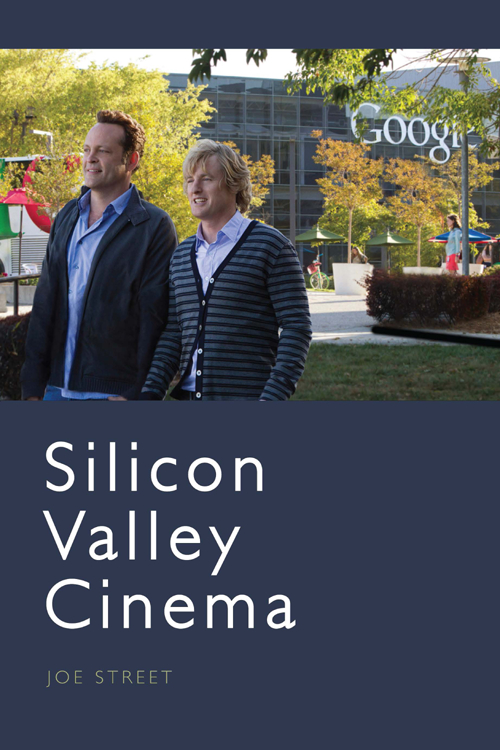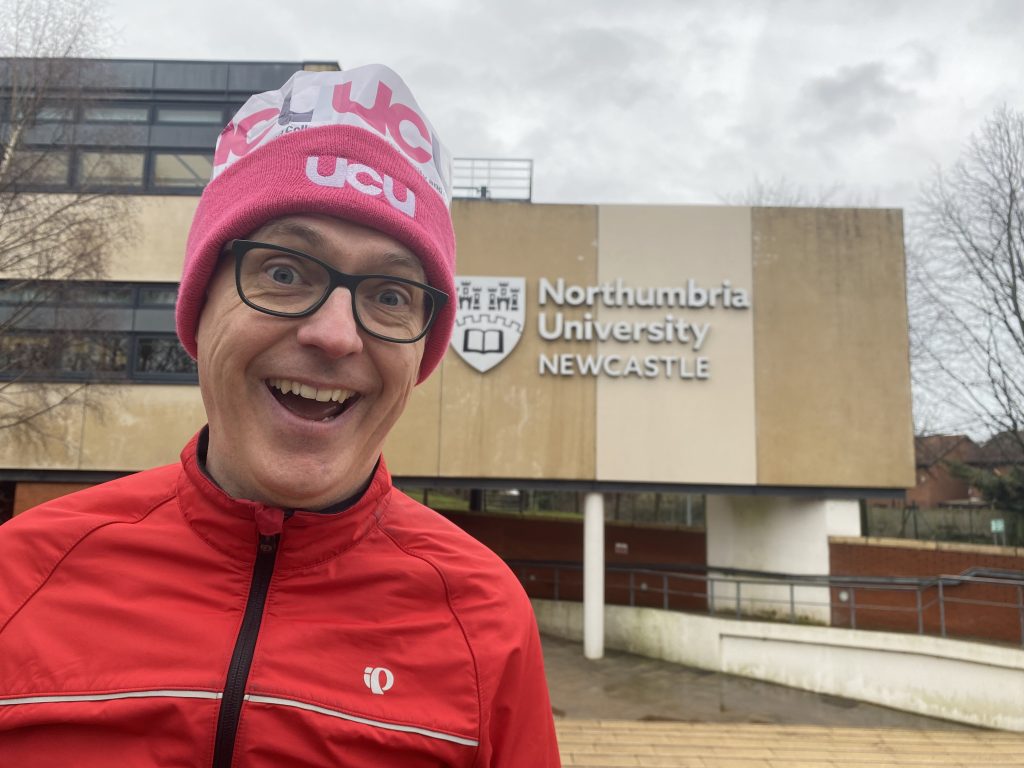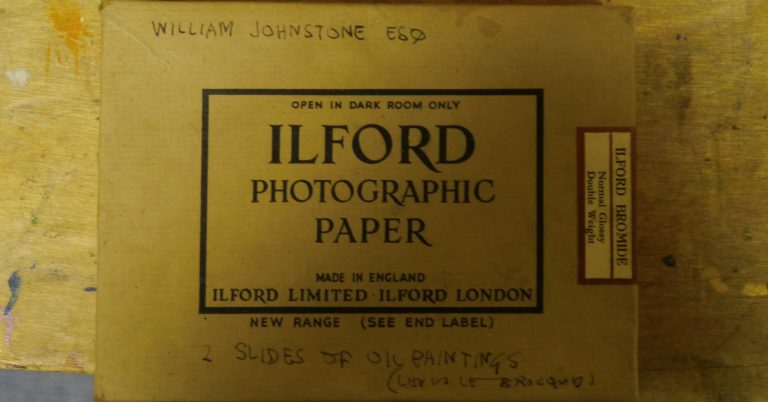
by Joe Street
Tell us a bit about your book
Silicon Valley Cinema is about a sequence of films that were mostly released in the 2010s that focused on the impact of Silicon Valley corporations on our lives. Some of them were biopics, some comedies, some thrillers, and some science fiction adventure tales. The book discusses how these films reveal deep fears about Silicon Valley, from its working practices, to its existential threat to humanity. Beneath this, it suggests that Hollywood itself is faintly terrified of Silicon Valley’s ability to dominate our future cultural consciousness.
What inspired you to research this area?
I realised while writing the book that I’ve been researching the San Francisco Bay Area for quite a while now, and have long wanted to write a book that followed on from my previous book, Dirty Harry’s America. While writing an article with Martin Eve about recent novels set in Silicon Valley, I was watching films like The Social Network and The Circle (adapted from Dave Eggers’s novel that we analysed in our article). I noticed that Rise of the Planet of the Apes and some other films – notably Terminator: Genisys and Venom – featured a Silicon Valley tech entrepreneur as a major villain, and began thinking that this was significant in itself. As I was writing this up as a journal article, I realised that many more films featured Silicon Valley as a backdrop or even a foreground, although nobody had written about them from a ‘Silicon Valley’ perspective.
What was the most exciting thing about writing Silicon Valley Cinema for you?
Watching a load of films! But seriously, the most exciting thing was developing my skills at writing on film. I come from a History and American Studies background and flit between the two in both my teaching and research.
Dirty Harry’s America was half-and-half Film Studies and History, and early on in this project, I realised that I couldn’t do the same thing with Silicon Valley Cinema, so I had to work on my film theory, particularly for my work on the biopics of Steve Jobs and Mark Zuckerberg. I’m very lucky that my friend and colleague, the excellent film scholar Russ Hunter, has a high tolerance for my emails asking for advice!
Did you discover anything particularly surprising?
I found The Internship particularly interesting. On the surface it is a (pretty awful) buddy comedy starring Vince Vaughn and Owen Wilson, but the more I watched it, the more I thought that it offered a lot of insight into working practices in Silicon Valley, and particularly the way in which Silicon Valley interns are exploited. You’ll have to read the book to find out more…
Has your research for Silicon Valley Cinema changed the way you see the world today?
To ensure that the book had a grounding in the recent history of Silicon Valley corporations, I spent a lot of time reading works by writers like Evgeny Morozov, Shoshana Zuboff, and the many writers who chronicled the rise of corporations like Facebook, Apple, and Google. If anything, this led me to be even more skeptical of Silicon Valley’s reach into our everyday lives, and I despair that we might not be able to prevent it reaching even further.
What’s next for you?
I’m finishing off the manuscript of a history of the Black Panther Party, to be called Black Revolutionaries, which will be published by the University of Georgia Press. I’ve been working on it for about ten years now, and am looking forward to seeing it in print. Once that’s done, I’m focusing on a larger project about space and racial politics in the San Francisco Bay Area during the 1960s and 1970s. It’ll feature a section on the great Bay Area writer Philip K. Dick, and I’m really enjoying returning to his fiction.

About the book
Get 30% off with code NEW30
- Reveals how ‘Silicon Valley Cinema’ builds upon previous Hollywood trends
- Analyses three distinct subtrends in ‘Silicon Valley Cinema’: biopics, films about the workplace, and science fiction action films, all of which are set in Silicon Valley
- Demonstrates how this trend interrogates Silicon Valley’s development, impact on our present world, and its potential to determine our human future
About the author

Joe Street is an Associate Professor in History at Northumbria University. His research focuses on the San Francisco Bay Area in the 1960s and 1970s, and his publications include Dirty Harry’s America: Clint Eastwood, Harry Callahan, and the Conservative Backlash, The Culture War in the Civil Rights Movement, and scholarly articles that analyse subjects such as the Black Panther Party, Northern Soul in the UK, and Philip K. Dick.





